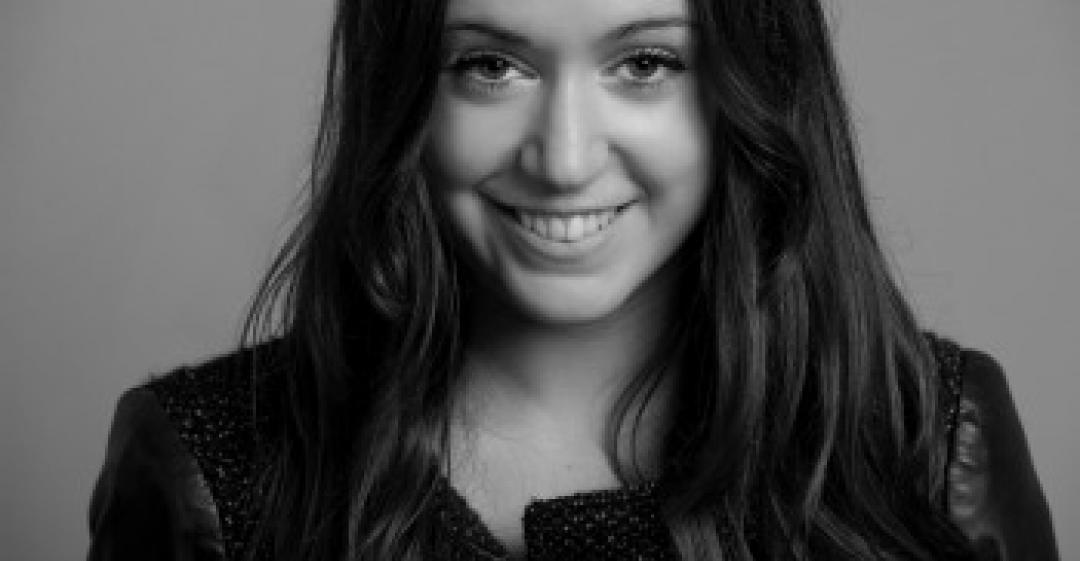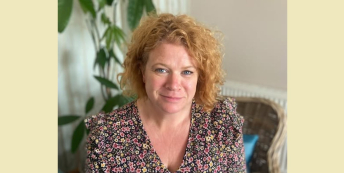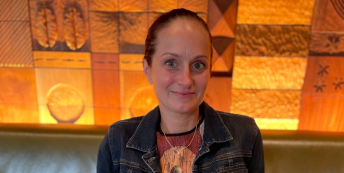“The 9-5 office culture wasn't for me.”

What was your role in your old job?
I worked as part of a PR team. Our primary collective objective was reputation management. It was a pan-European organisation and so we worked alongside a network of external PR agencies.
What is/are your new role(s)?
I'm a freelance journalist and copywriter, which means I work autonomously and remotely, on a commission-led basis. Projects vary from regular appointments such as contributing editorial copy to online publications, to ad-hoc commissions such as writing a biography or speech. It's an incredibly diverse and varied occupation by nature.
Why did you change?
I guess ultimately it came down to three things: wanting to be my own boss, having more control over how I spend my time, and being able to work from home.
Although it took me a few years to actually enforce a change, I learnt early on that the 9-5 office culture wasn't for me. It was just a case of figuring out what else I could do. For a long time I didn't even consider freelance work, but then when I started to weigh up the things that were important to me, it all pointed in that direction.
Are you happy with the change?
I'm happier, yes, but it's by no means an easy ride. Now I don't have the security and the certainty of being handed a pay cheque at the end of every month; it's completely down to me to make my own way. It's a level of responsibility I've never encountered before, and while the move has benefitted me in terms of personal wellbeing, I'm still a long way off from this being a completely sustainable career path.
What do you miss and what don't you miss?
Definitely the thing I miss the most is the absence of a mentor. It can be difficult working alone sometimes with no one to check things with, bounce ideas off, or help to develop you professionally. I do also miss the comfort that comes with having a monthly pay cheque that you know you'll receive without fail.
But these things are balanced by the elements I don't miss about my old life, such as how routine my life was before I made the change, how exhausted I always used to feel, being awoken by an alarm at 7am each morning, and having to pack onto a crowded commuter train to get to the office.
There are always going to be pros and cons to any decision. You can't have everything one way all the time, so you have to prioritise what's important.
How did you go about making the change?
First I had to resign from my previous role, which I actually did quite instinctively and without giving it a great deal of thought. Sometimes if you stop to think you end up talking yourself out of things, so on this occasion, I just blocked out all the chatter and listened to what my gut was telling me.
I started budgeting as soon as I resigned and worked out exactly what I could live on each month. I've so far had no problems sticking to it. People always think that living in London is expensive but actually I find it's quite the opposite. It's amazing how many days can pass and I've barely spent a thing. I'm actually ahead of budget this month.
Next, I launched my website to advertise my services so that people could find me. I updated my LinkedIn and Twitter profiles, and from then on it's just been a case of knocking down doors, picking up the phone and seeking out opportunities. It's a slow burn process but these things take time, and every day I feel like I'm achieving something that's moving me in the right direction.
What was the most difficult thing about changing?
For me, it was having the courage and the resolve to actually go through with it. Making the decision was the hardest part. Once it was done, I just got on with doing what I needed to do.
What help did you get?
The biggest help I had was in building and launching my website. My partner is a creative director for a graphic design agency, so he had a big part to play in helping me get that off the ground. I've also had such an overwhelming outpouring of support, not just from my partner, but from my family, friends and ex-colleagues, which has been instrumental in keeping me focused and determined. Having people believe in you is a powerful motivator.
What have you learnt in the process?
One thing I learnt that actually surprised me was how unhappy so many people are in their jobs.
When word started to spread about what I was doing, I had so many people confide in me how much they wished they could walk out of their job and pursue something else as well.
I've also learnt that there's no such thing as a good or a bad decision. For so long, I stayed stuck in my situation because I was terrified of making a move that would turn out to be a mistake, even though I was already unhappy. I now don't look at things in such a black and white way.
You take something away from every experience and every choice you make. I was always so afraid before. I never imagined I'd walk out of a job without having something else lined-up, but given the chance again I'd always make the same decision and I know I won't hesitate to take such risks in the future.
What do you wish you'd done differently?
I wish I'd had the courage to change sooner, but then if I had done, I might not have learnt some of the things I know today. I honestly do think that all things happen at a set time for a reason, and that if you look hard enough you'll always be able to find the reason and make sense of it.
What would you advise others to do in the same situation?
Be brave. Have a little self belief. Do what's right for you, and don't be influenced by the fears or negativity of other people. Listen to your gut. Find something you love and do it as much as possible. And have a little faith that everything will turn out OK in the end.
To find out more about Cristina's services, visit www.crisazorin.com
What lessons could you take from Cristina's story to use in your own career change? Let us know in the comments below.



